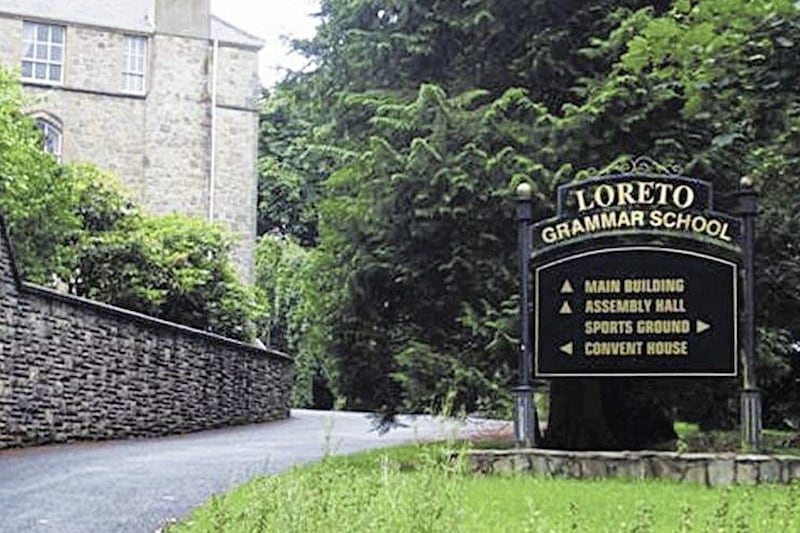IT is a perverse feature of our education system that a primary school child can spot the manifest problems with the arrangements that adults have designed for their transfer to many of the north's grammar schools.
Most P7 pupils, for example, can readily appreciate that it would be preferable to prepare for and then sit only one style of test, rather than the two that have co-existed in the present unregulated regime since 2008.
They also understand that having to take a series of exams on successive Saturdays in winter is a gruelling experience; that the cycle of preparation and test is highly pressurised; and how they or their classmates are often plagued with anxiety because of the idiosyncrasies of the transfer process, such as having to take the tests in the unfamiliar environment of a grammar school.
Pupils aged 10 or 11 years old can, almost by definition, lack the necessary maturity and coping skills to deal with these challenges.
Primary school children also understand the fundamental unfairness and inadequacy of an exam in assessing the full breadth of their talents and abilities; academic selection is a blunt and outmoded instrument.
Perhaps, above all, they feel that their elders have failed them.
It is therefore not appropriate to get carried away by the news that the two groups who oversee the unofficial transfer tests are working towards a single exam.
Even in the context of this most undesirable of systems, this has been a self-evident demand.
The Association of Quality Education and the Post-Primary Transfer Consortium have agreed draft proposals that include two one-hour tests which will be taken on successive Saturdays.
At present, 29 grammar schools use the AQE test, 27 the PPTC exam and seven consider results from both.
A fee of £20 will be levied, though this will be waived for children eligible for free school meals.
It is tempting to criticise those behind the tests, including the grammar schools who use them as a means of selecting which pupils they will accept.
But that could be a means of avoiding some wider, and perhaps more uncomfortable and inconvenient truths.
The privatised tests only exist because Stormont scrapped the 11-plus without presenting a replacement regarded as credible by the grammar schools themselves or, more importantly, the parents who are still prepared to put their children through the tests.
Successive Sinn Féin and DUP education ministers failed to meet the challenge of reshaping the system.
As with the health service, education - from early years, to primary and secondary levels - needs a thorough overhaul to give all our children, regardless of background, the best opportunities possible in a world in which academic selection alone is unacceptable.







